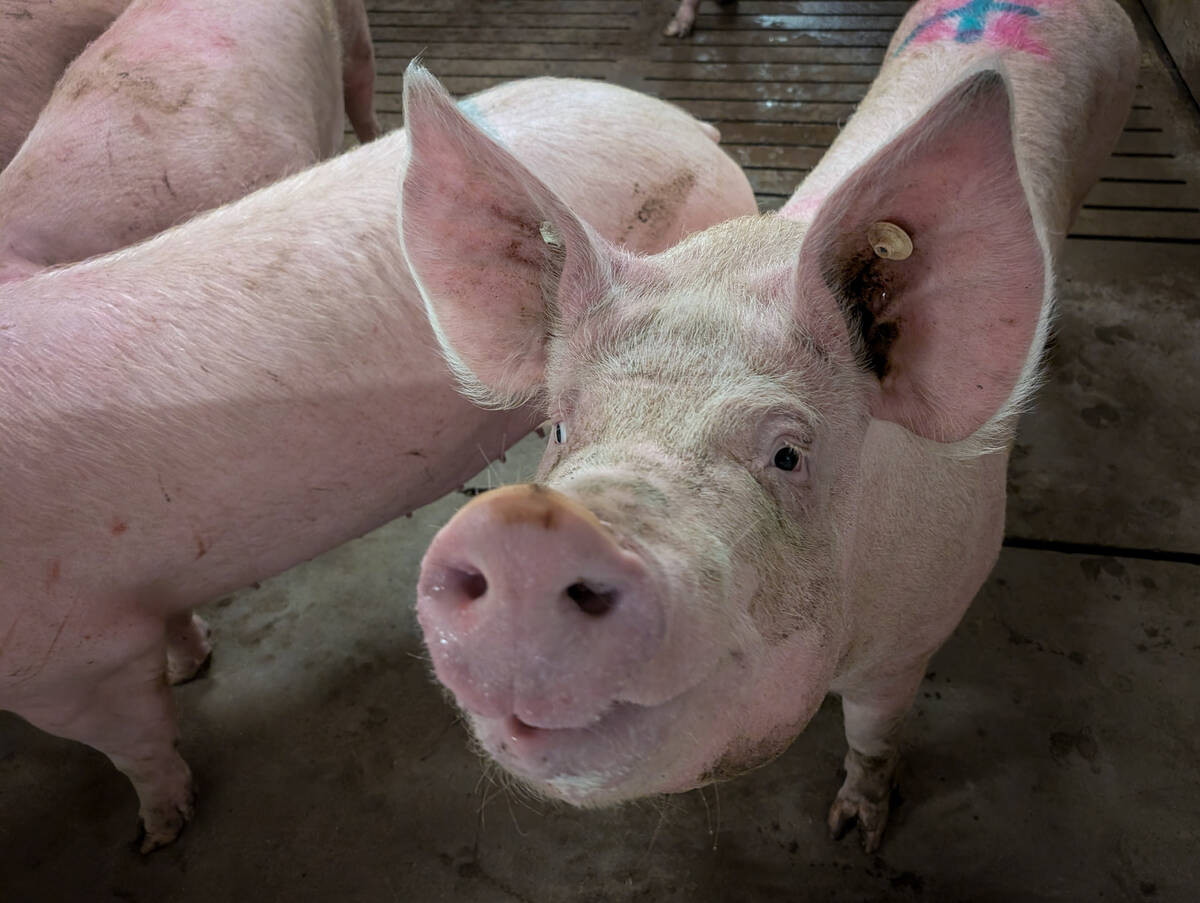New Delhi | Reuters — India’s president on Sunday approved three controversial agricultural bills amid nationwide protests by farmers who say the new laws will stunt their bargaining power and instead allow large retailers to have control over pricing.
Farmers’ organizations say one of the three laws could lead to the government stopping buying grain at guaranteed prices, a move that would disrupt wholesale markets which have so far ensured fair and timely payments to farmers.
President Ram Nath Kovind’s approval is likely to further stir protests, leading farmers’ organizations said.
Read Also

Spain detects first swine fever cases outside initial Barcelona outbreak zone
Two African swine fever cases have been detected in Spain among wild boar for the first time outside an original outbreak area near Barcelona, prompting additional restrictions on the movement of people and livestock, regional authorities in Catalonia said on Friday.
Prime Minister Narendra Modi has already lost a key political ally from the northern Indian state of Punjab, one of India’s two breadbasket states, where farmers form an influential voting bloc.
The country’s main opposition Congress party has also backed the protests.
Under the Farmers’ Produce Trade and Commerce (Promotion and Facilitation) Bill — one of the laws already approved by parliament — growers can directly sell their produce to institutional buyers such as big traders and retailers.
Nearly 85 per cent of India’s poor farmers own less than two hectares of land and they find it difficult to directly negotiate with large buyers.
Modi’s administration has clarified that the wholesale markets will operate as usual, and the government only aims to empower farmers to sell directly to buyers.
— Reporting for Reuters by Neha Arora and Mayank Bhardwaj.















